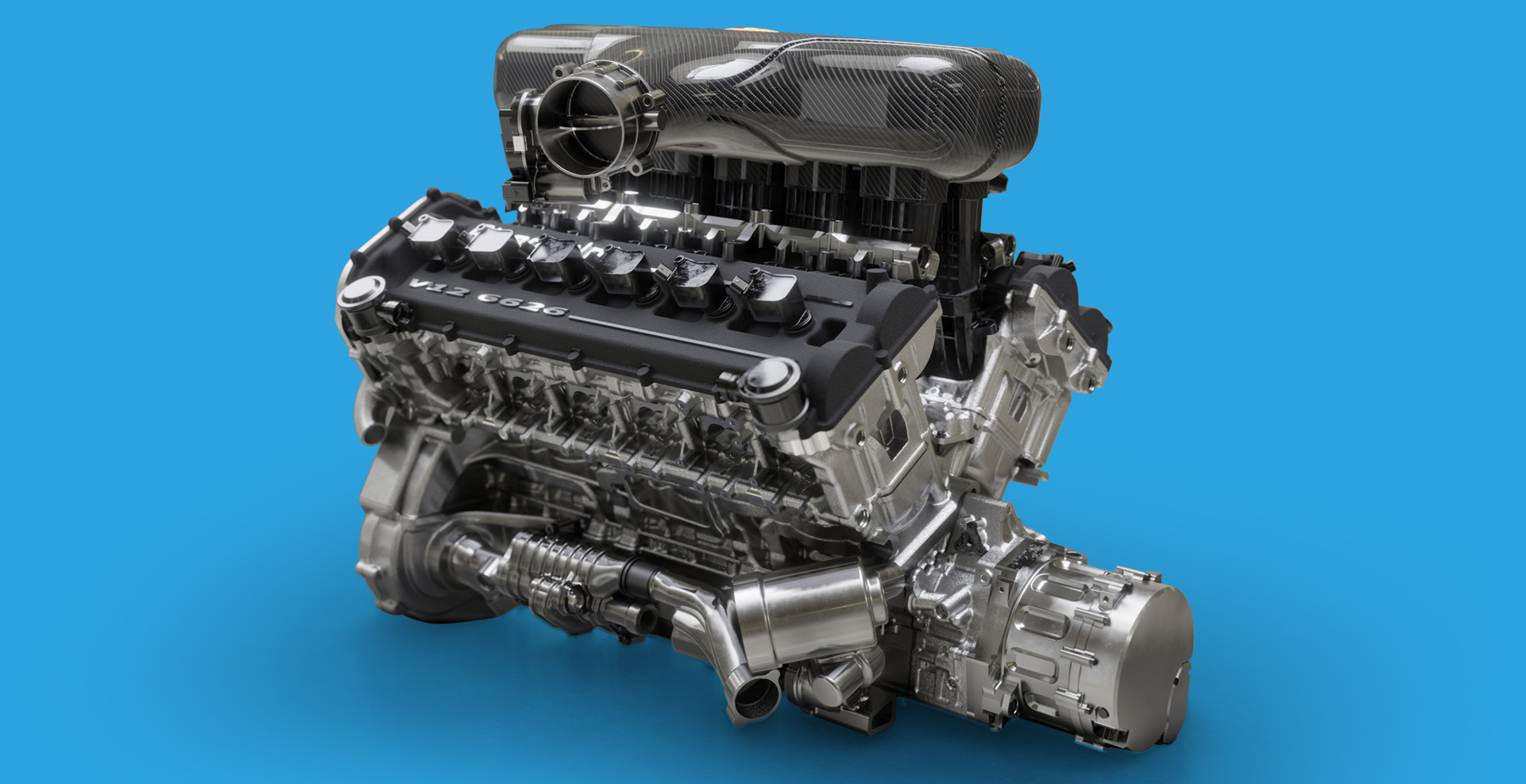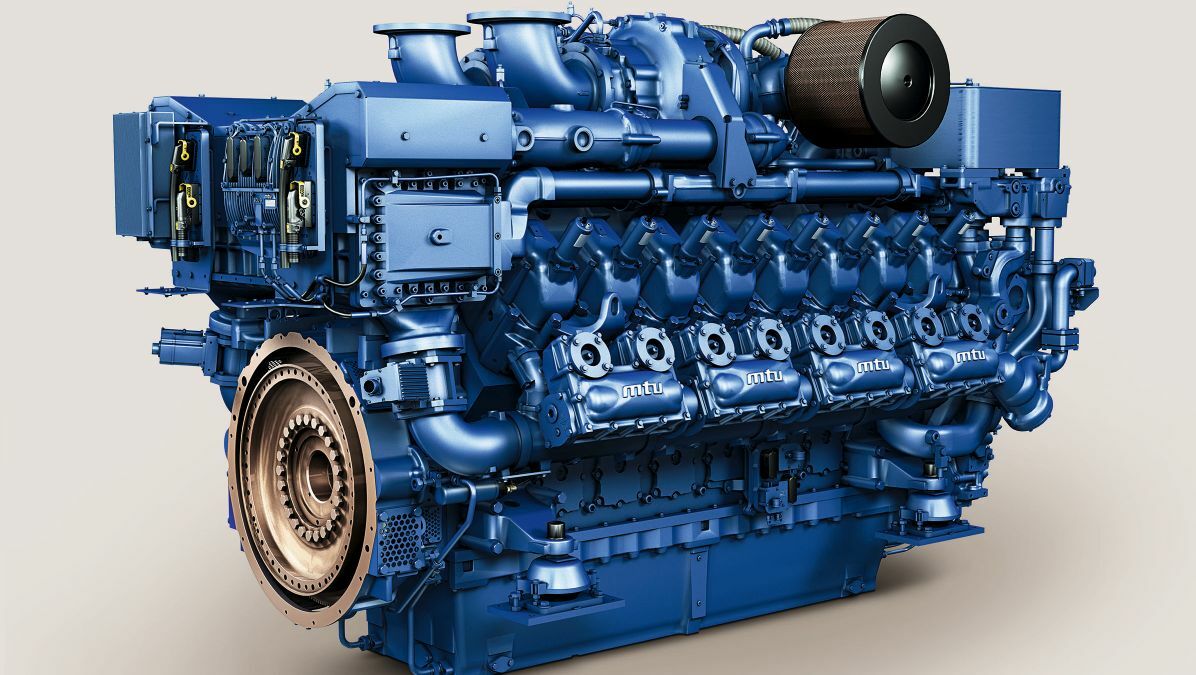How to Resource Affordable Solutions from Engines For Africa
How to Resource Affordable Solutions from Engines For Africa
Blog Article
A Full Overview to Picking the Right Engine for Your Job
Choosing the ideal engine for your project is a vital choice that can considerably impact its overall success. It is critical to diligently specify your job requires, assess efficiency needs, and consider user-friendliness together with various other vital aspects. In addition, recognizing the community assistance readily available and scrutinizing price ramifications can better refine your option. Each of these elements plays an essential function in ensuring that your chosen engine not just meets instant goals but likewise lines up with long-lasting desires. As we explore these considerations, you might find that the nuances of each facet reveal more than initially anticipated.
Specify Your Task Demands
Defining your task needs is a critical step in choosing the appropriate engine for successful execution. A comprehensive understanding of your task's purposes will assist you in identifying the attributes and abilities needed from an engine. Begin by laying out the scope of your job, consisting of the wanted functionality, target audience, and the certain results you intend to attain.
Next, think about the technological requirements that align with your job objectives. This includes examining the compatibility of the engine with existing systems, along with the shows languages and frameworks that will be utilized. Additionally, evaluate the level of scalability needed to accommodate future growth or modifications popular.
Budget plan restraints additionally play an essential duty in defining your task requires. Develop a clear monetary framework to lead your decision-making process, guaranteeing that the engine selected fits within your budget plan while supplying the needed performance.
Evaluate Performance Requirements

Following, think about the scalability of the engine. Evaluate whether it can deal with boosted work as your project expands. Engines that support straight scaling are often more suitable for larger applications. Additionally, evaluate the engine's efficiency under different problems, such as peak usage situations, to ensure it fulfills your dependability criteria.
Take Into Consideration Ease of Usage
While technological specifications are necessary, the convenience of usage of an engine can dramatically affect the growth process and overall project success. An instinctive user interface, clear documents, and structured operations can significantly minimize the learning contour for designers, enabling them to concentrate on creativity and analytic instead of coming to grips with complicated tools.
When evaluating an engine's ease of use, take into consideration the onboarding experience. A well-structured intro, full with tutorials and sample projects, can help with a smoother transition for new users. Additionally, the quality and comprehensiveness of the engine's paperwork play an important duty; extensive guides and API recommendations can encourage programmers to repair and implement features effectively.
An engine that enables for simple adjustments can be extra straightforward, as programmers can tailor it to fit their specific demands without considerable problem. Inevitably, choosing an engine that prioritizes convenience of usage can lead to a more effective and pleasurable development experience.
Assess Area and Support
The strength of an engine's area and support network can greatly affect a designer's experience and success. When analyzing an engine, consider the dimension and activity level of its community.
Furthermore, evaluate the schedule of main assistance channels. Trustworthy paperwork, receptive consumer support, and normal updates are necessary for attending to technical problems and maintaining your job on track. Engines For Africa. Active neighborhoods also foster collaboration, supplying possibilities for networking and responses, which can be invaluable, particularly for tiny teams or independent developers
Furthermore, investigate the existence of community-run occasions, such as hackathons or meetups. These events can enrich your understanding of the engine while connecting wikipedia reference you with experienced individuals and possible collaborators. In recap, a durable neighborhood and assistance system not only simplify growth yet also create a setting helpful to learning and development, inevitably enhancing the probability of your job's success.
Compare Cost and Licensing Options
Spending plan considerations play an important duty in choosing the best engine for your task, as the expense and licensing alternatives can considerably affect both temporary expenditures and lasting viability. Engines For Africa. Various engines provide differing prices structures, which can consist of single purchase costs, registration designs, or revenue-sharing contracts based on your task's profits

Accrediting choices likewise vary dramatically. Some engines are open-source, using adaptability and community-driven assistance, while others might require proprietary licenses that limit usage and circulation. Recognizing the effects of each licensing version is crucial, as it impacts possession rights, future scalability, and possible legal commitments.
Final Thought
Finally, picking the ideal engine for a project requires a detailed examination of defined task requirements, performance demands, simplicity of use, community assistance, and expense considerations. By systematically addressing these important aspects, decision-makers can ensure positioning with both future and existing task needs. An educated option inevitably improves the possibility of task success, allowing effective source allowance and making the most of prospective end results within the defined financial restrictions.
Choosing the ideal engine for your job is a critical decision that can substantially influence its general success.Defining your task needs is see an important step in selecting the proper engine for successful application. A thorough dig this understanding of your job's goals will certainly direct you in recognizing the abilities and functions required from an engine.Once you have a clear understanding of your project requires, the following step is to review the performance demands of the engine.In conclusion, picking the proper engine for a job demands an extensive assessment of defined task needs, efficiency requirements, ease of use, community support, and cost considerations.
Report this page